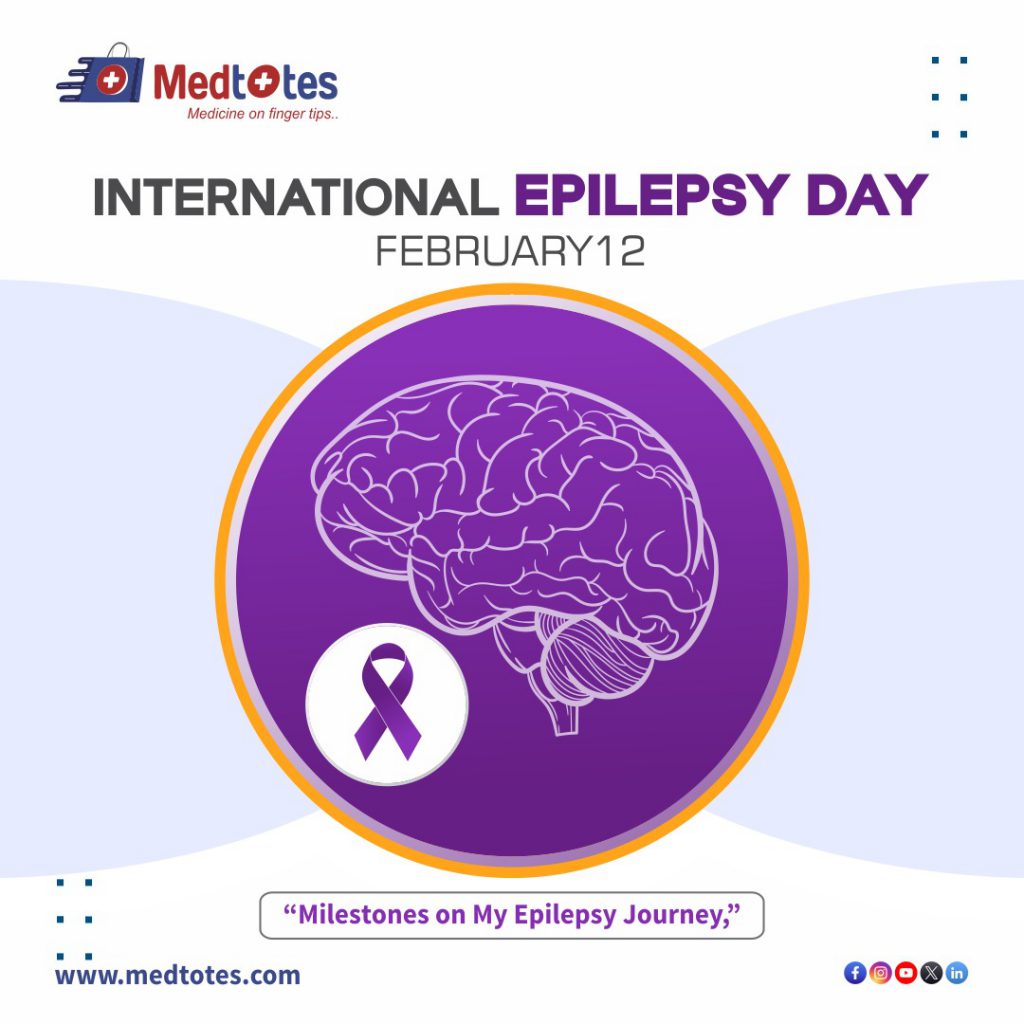I. Introduction
International Epilepsy Day, established in 2015, is a global awareness campaign that promotes understanding and support for individuals with epilepsy. It brings together individuals, organizations, and communities worldwide to provide education and support to those living with the condition. The day dispels myths and misconceptions about epilepsy, encouraging communities to provide a safe and inclusive environment. It serves as a platform for organizations, healthcare professionals, and individuals to advocate for better treatment options, research, and public education about epilepsy.

II. Understanding Epilepsy
Epilepsy is a neurological disorder characterized by recurrent, unprovoked seizures caused by abnormal electrical activity in the brain. It can be caused by genetic factors, brain injury, infections, prenatal injuries, developmental disorders, and brain tumors. Diagnosis involves a detailed medical history, physical examination, neurological tests, and electroencephalogram (EEG). Treatment mainly involves antiseizure medication to prevent or reduce seizures, with surgery in some cases. Other treatment options include ketogenic diet therapy and vagus nerve stimulation. Epilepsy can significantly impact daily life, including driving, employment, and social activities. Managing the condition requires careful medication management, lifestyle adjustments, and regular medical follow-up. Safety precautions are essential to reduce the risk of injury during seizures. Positive aspects of living with epilepsy include a support network, access to mental health resources, and opportunities to connect with others who understand their experiences.
III. Signs and symptoms of Epilepsy
Epilepsy is a neurological disorder characterized by seizures ranging in severity, duration, and type. Common signs include:
- loss of consciousness
- Convulsions or jerking movements
- Staring spells
- Temporary confusion or memory loss
- Sudden bouts of uncontrolled emotions or behaviors
- Sensations of déjà vu or unfamiliarity
- Temporary paralysis or weakness in a part of the body
- Recurrent, unprovoked seizures
Different types of seizures:
- Focal seizures (formerly partial seizures)
- generalized seizures
- Aura: warning sign before a seizure
- loss of awareness or consciousness during seizures
- Motor symptoms: convulsions, repetitive movements, muscle stiffness, sudden falls
- Sensory symptoms: tingling sensations, unusual smells or tastes, visual or auditory hallucinations
- Emotional symptoms: fear, anxiety, confusion, mood changes
- Postictal symptoms: confusion, fatigue, headache, and muscle soreness after a seizure
- Some individuals may have non-convulsive seizures (absence seizures) with subtle signs like brief lapses in awareness.
These symptoms can vary in severity and presentation among individuals with epilepsy. It’s essential to seek medical evaluation and diagnosis from a healthcare professional if epilepsy is suspected.
IV. Treatment options Epilepsy
Epilepsy is a brain condition causing seizures that can have severe side effects. Treatment options include antiseizure drugs and a ketogenic diet. Vasugus nerve stimulation (VNS) is a surgical procedure that sends regular electrical impulses to the vagus nerve, which runs through the neck to the brain. Responsive neurostimulation (RNS) is a newer surgical treatment that monitors brain activity and delivers electrical stimulation to areas where seizures originate. Surgery may be recommended in cases where seizures are not well controlled with medication and the seizure focus can be safely removed without causing significant neurological deficits. Lifestyle modifications, such as getting enough sleep, avoiding triggers, maintaining a healthy diet, and taking prescribed medications, may also help manage epilepsy. Other therapies and interventions may be considered for specific types of epilepsy or in combination with other treatments. Individuals with epilepsy should work closely with healthcare professionals to develop a personalized treatment plan. Regular follow-up appointments with a neurologist or epilepsy specialist are essential to monitor treatment effectiveness, adjust medications, and address any concerns or side effects.
V. Conclusion
In conclusion, Epilepsy management involves a comprehensive approach involving lifestyle modifications, medication, and therapies. Individuals with epilepsy can effectively manage their condition by following a personalized treatment plan and regular follow-up appointments. With proper support and guidance from healthcare professionals, they can lead fulfilling and healthy lives.
Download our app: https://bit.ly/3tkQkFy
